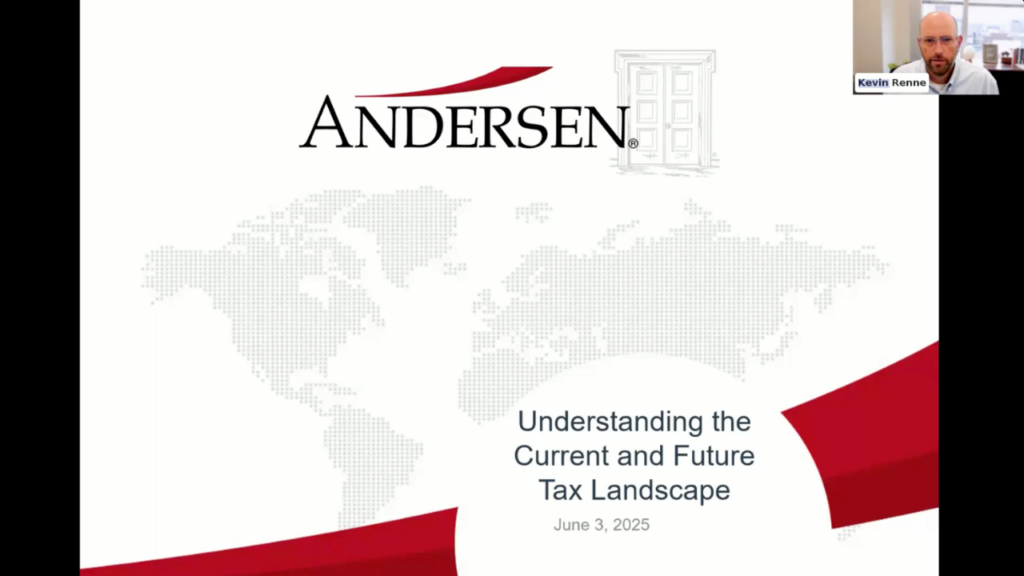Anyone who has spent any amount of time advising or working with persons who have major philanthropic interests has likely heard concerns, expressed either directly or indirectly, about the commitment of “the kids.” Certainly, when considering charitable and philanthropic goals, it’s vital to keep in mind that we’re talking about priorities and aims that are intended to last well beyond the lifetimes of the founders. In other words, establishing a philanthropic legacy without giving careful thought to how that legacy will be passed down to future generations is a bit like building a skyscraper without a blueprint: the end result isn’t likely to stand the test of time.
And it’s not a small consideration. Estimates of the wealth that will be transferred from Baby Boomers to their children and grandchildren over the next quarter-century are in the $60 trillion range. It will be imperative for those who are receiving the responsibilities of stewardship from the previous generation to have the necessary guiding principles in place that will equip them to maintain and build on these legacies.
Families who are successful in creating and sustaining philanthropic impact typically follow some basic principles in order to weave philanthropy into the family culture.
Philanthropy Begins with Empathy. The motivation to make life better for others lies at the root of the philanthropic impulse. And fortunately, this motivation can be taught and learned very early in life. When children are given opportunities to demonstrate caring on a level they can understand, they are more likely to develop into adults who place a priority on philanthropic and charitable causes. The impulse to comfort an ill sibling with the gift of a treasured toy, for example, is the beginning of the philanthropic mindset. These impulses can be reinforced, even in young children, if parents and other caregivers stay alert to possibilities. Cultivation of these attitudes in a family, in turn, lays the foundation for a predisposition toward giving in order to do good.
Practice Purposeful Communication around Philanthropic Aims. Families with durable philanthropic legacies place a high premium on clear, intentional communication, especially with the next generation. This communication might take several forms. Perhaps most importantly, it should be in writing—and this includes more than wills and trusts. The next generation must understand the vision for the family wealth: how it should be used; how they are responsible for replenishing and adding to it; what the wealth is intended to accomplish, down through the years. All this should be documented and communicated, periodically and consistently. But there is also a need for less formal communication from one generation to the next. For example, a father who had to struggle to gain an education may feel a deep commitment to providing scholarships for academically gifted but financially challenged students. As he tells of his own struggles and his determination to help alleviate the struggles of others, his children gain a deeper empathy, not only for their father, but also for those he desires to help. In this way, his values become their values, allowing that the torch to be passed on.
Commit to a Program of Education about Finance and Philanthropy. Families who create long-lasting, impactful philanthropic legacies typically also commit to a programmatic approach for educating and indoctrinating those who will be taking on the mantle of leadership in future years. This is where a professional, fiduciary financial or wealth advisor can play a valuable role: by serving as an impartial, well-informed third party, the advisor can provide guidance for those who are preparing themselves to accept greater responsibility for a family legacy.
As a fiduciary wealth advisor, JFS is committed to helping families establish, sustain, and strengthen their legacy of giving to the causes that are most important to them. Our advice and guidance can help families practice more effective giving as well as educating future leaders. To learn more, read our article, “Do You Need a Family Office? Information for Ultra-High Net Worth Families.”



















